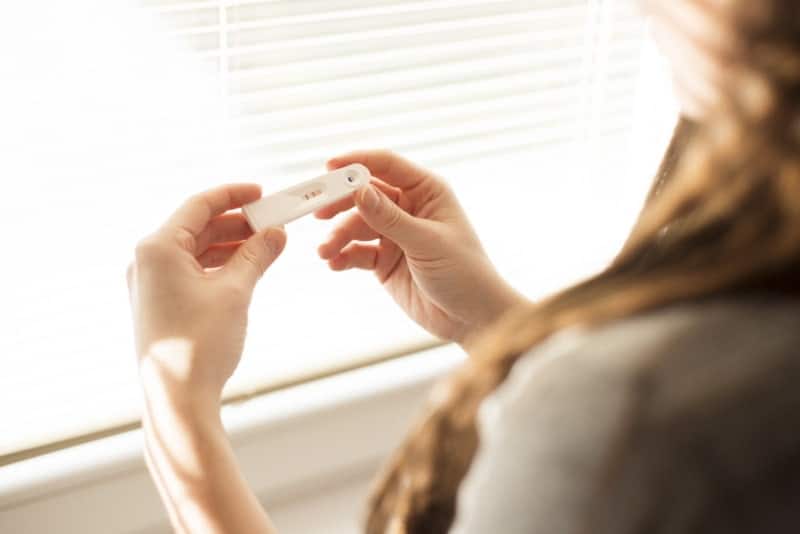Being told you have an ovarian cyst often leaves you with more questions than […]

Age is the single biggest determinant of your chances of getting pregnant and having a healthy baby. Every woman is born with a fixed number of eggs. Both the number and quality of eggs decrease with age. With increasing age, there is a higher risk of error during cell division and the pregnancy ending up with an abnormal number of chromosomes e.g. Down syndrome.
As a woman grows older, the risk of developing issues that can affect fertility also increases. These include medical conditions such as obesity, diabetes, hypertension, lupus etc, and gynaecological conditions such as ovarian cysts, uterine fibroids, adenomyosis and endometriosis etc.
There are also reasons (other than age) that can cause faster depletion of egg reserve – this includes ovarian cystectomy, history of chemo- or radiotherapy, or family history of premature menopause.
Hence, overall fertility begins to decline significantly from a woman’s mid-30s, with a corresponding increase in miscarriage and other pregnancy complications.
A man’s age has a much lesser impact on fertility compared to a woman’s; however, after the age of 45, there is an association with higher fertility complications.
Not being able to fall pregnant naturally is not the end of the road in today’s world of modern technology. Speak to your gynaecologist about your options – this may include ovulation induction, artificial insemination and in-vitro fertilisation.
Being told you have an ovarian cyst often leaves you with more questions than […]
Chronic bloating. Lower back pain. Fatigue that lingers even after rest. These are symptoms […]
Many women live with Polycystic Ovary Syndrome (PCOS) without realising fact from fiction. This […]





Aster Gynaecology © | All Rights Reserved.